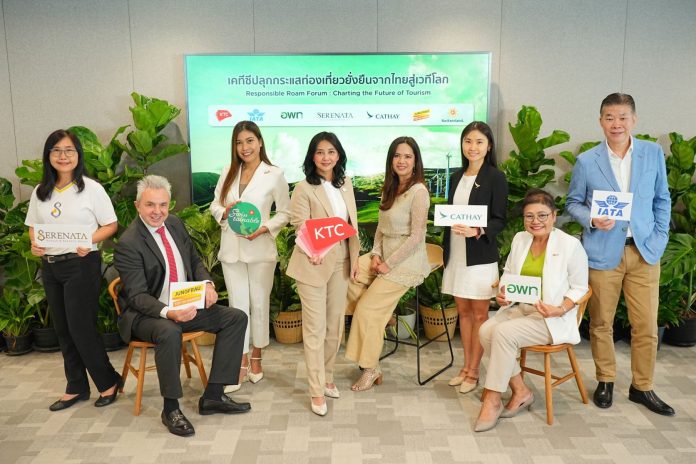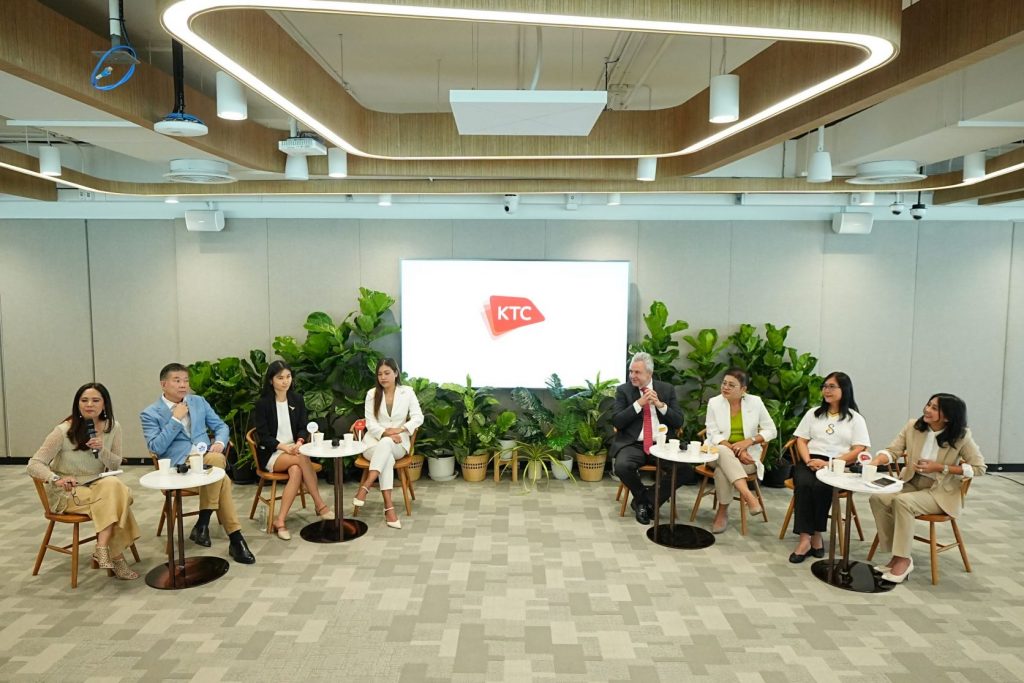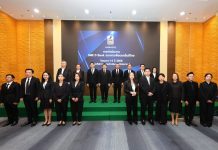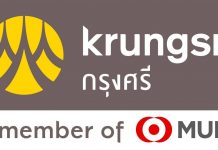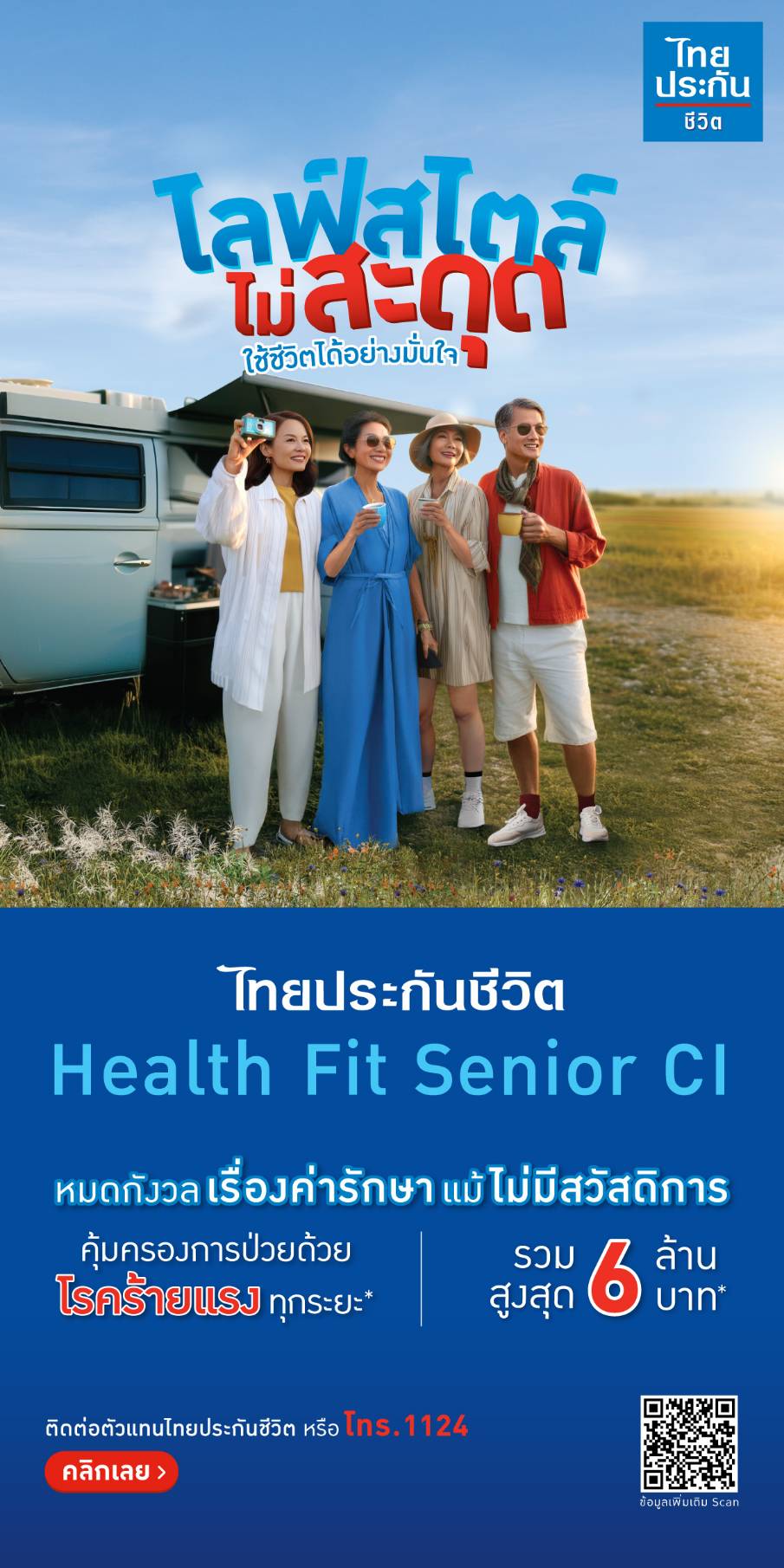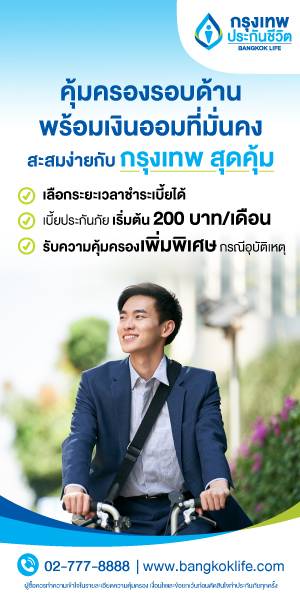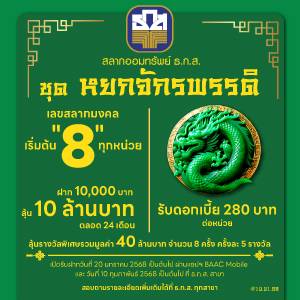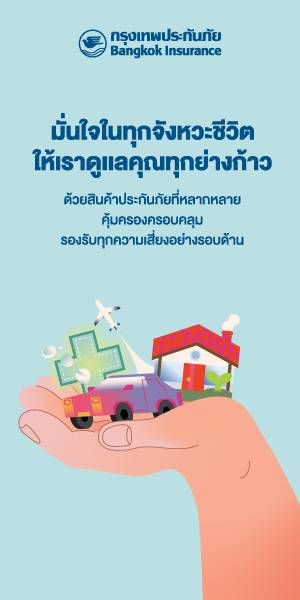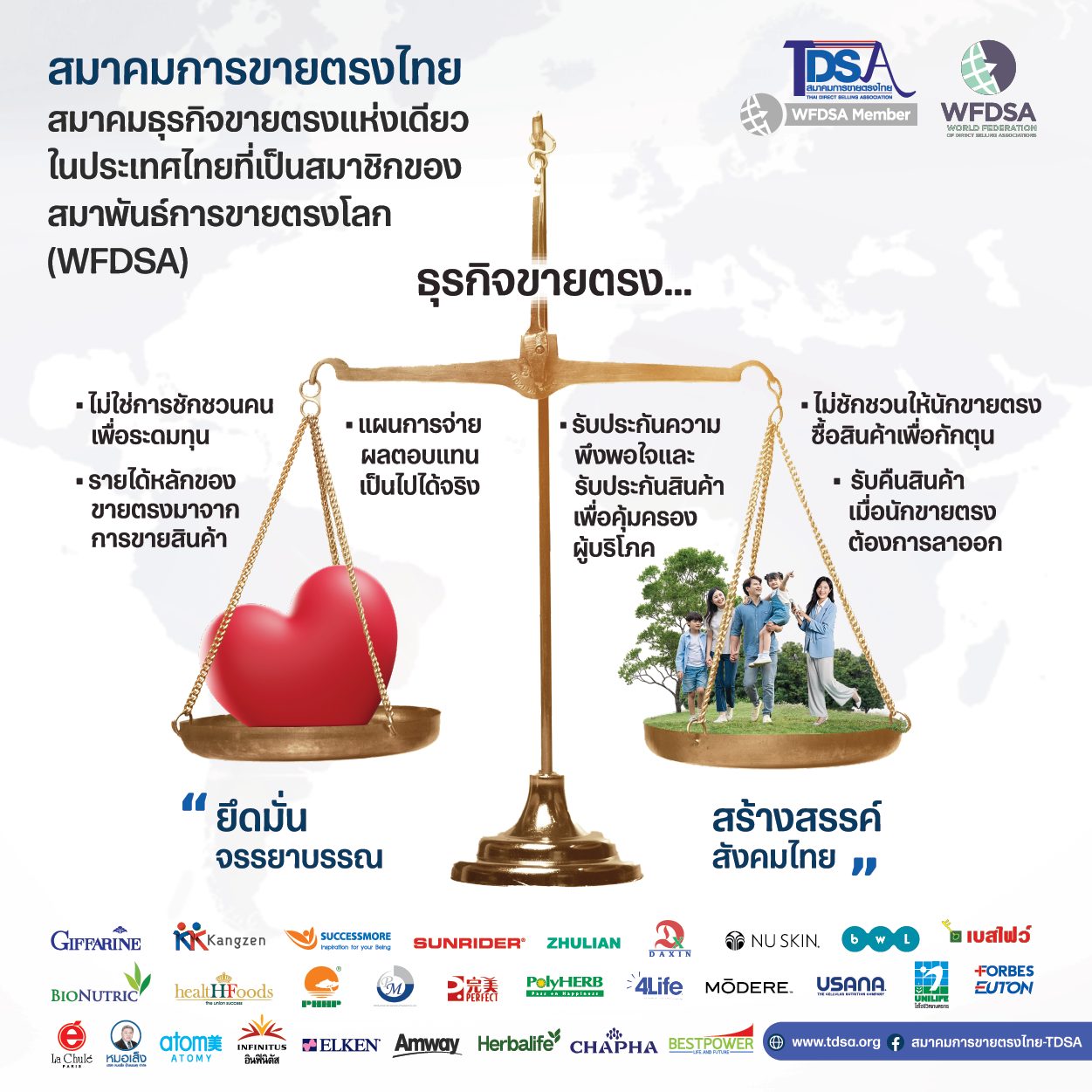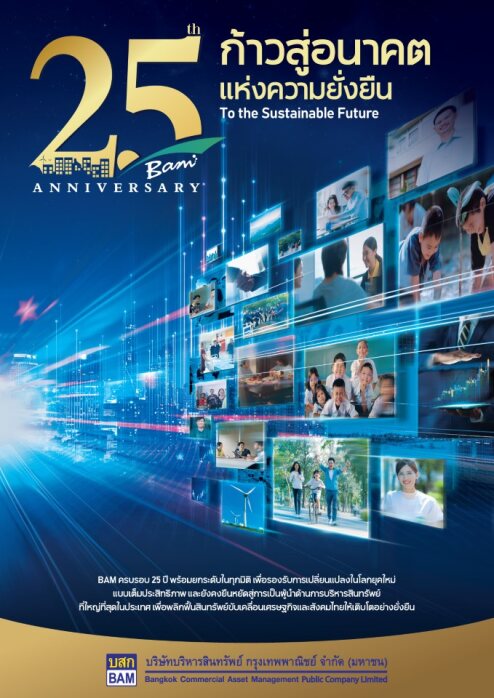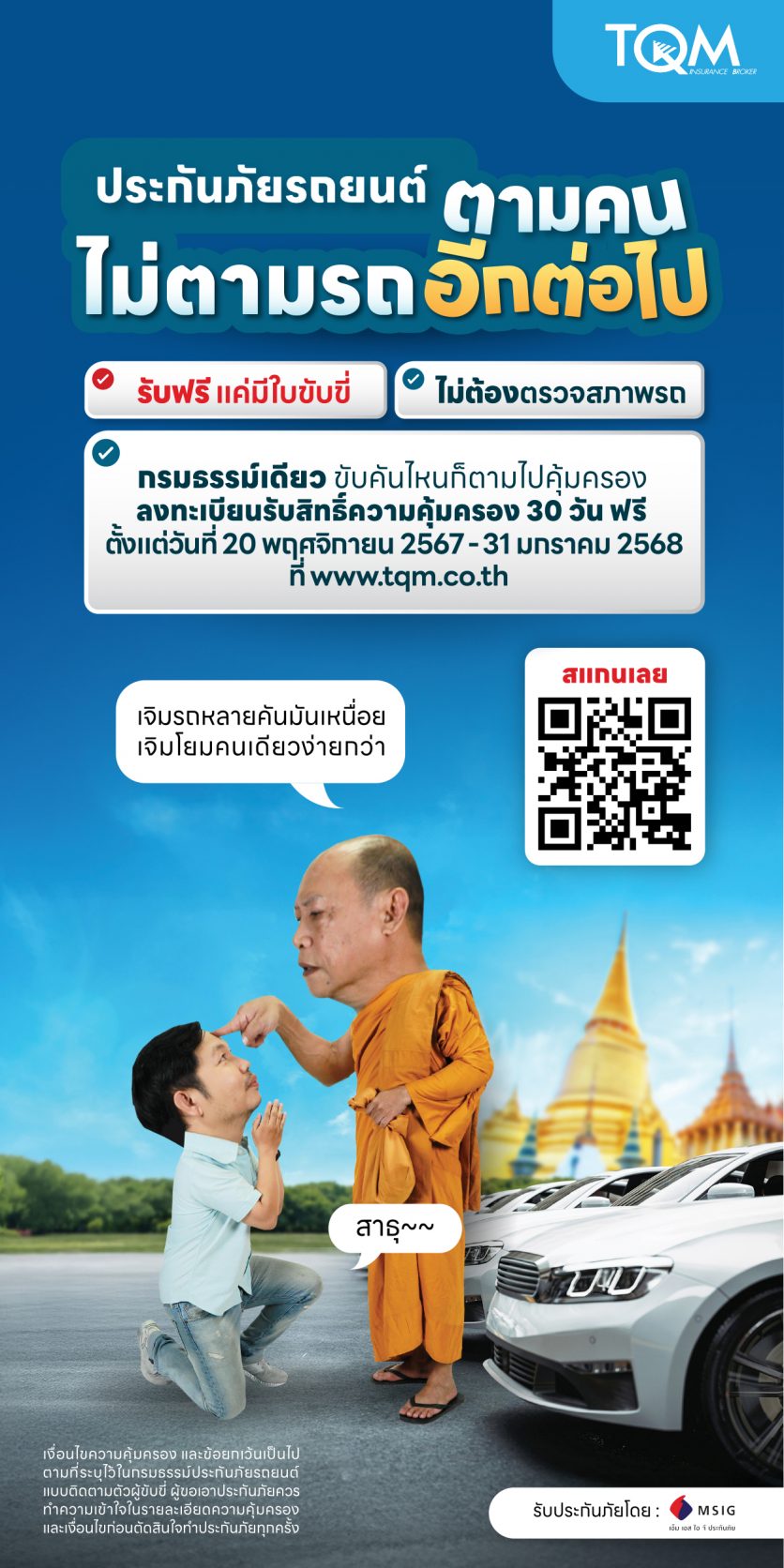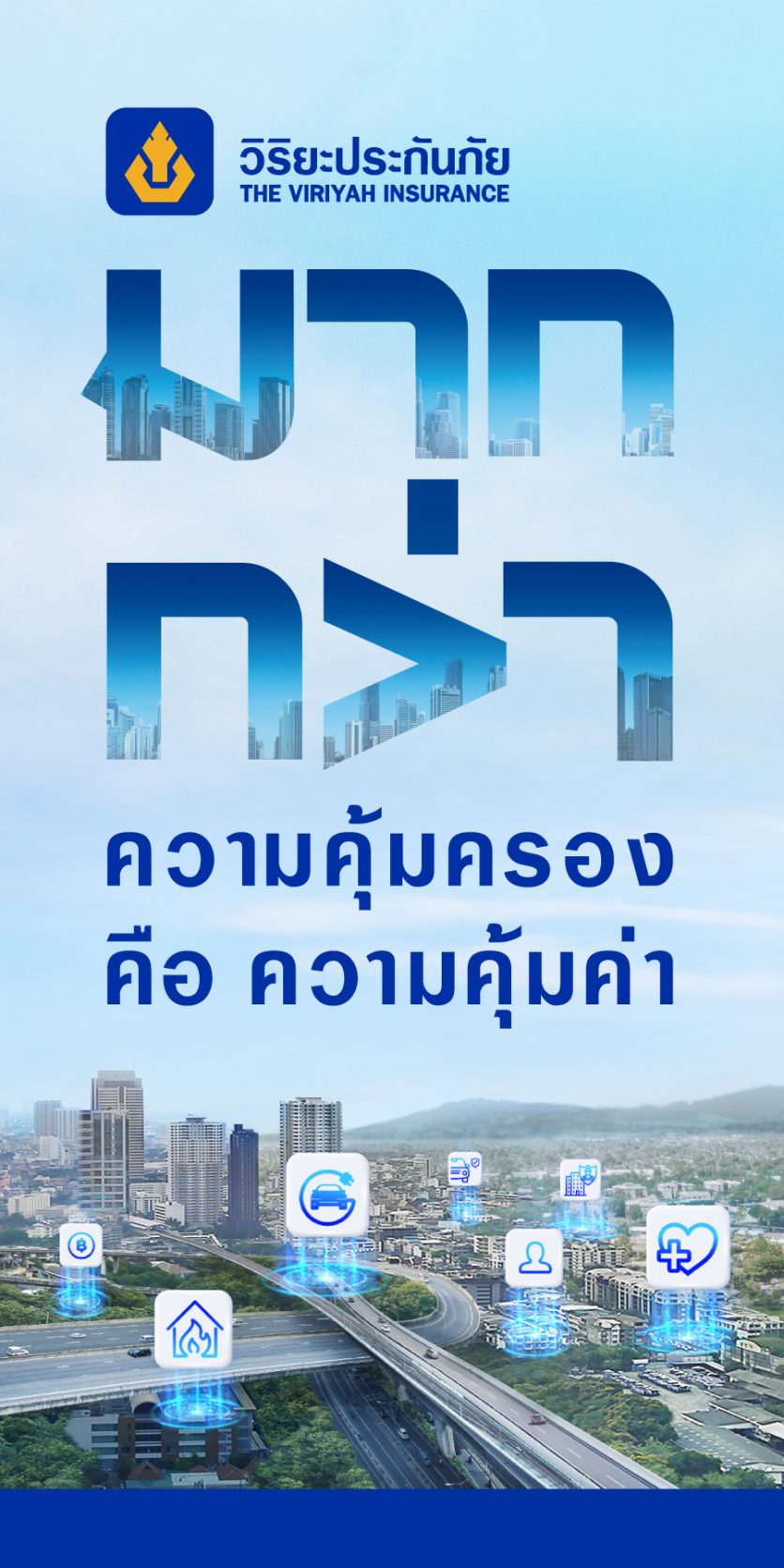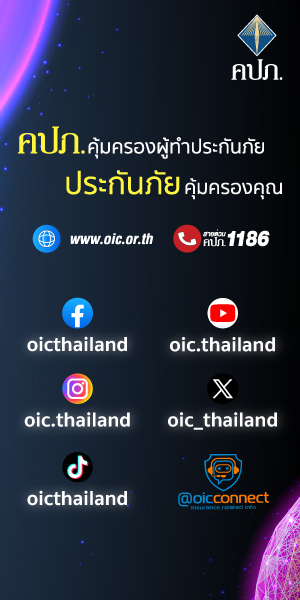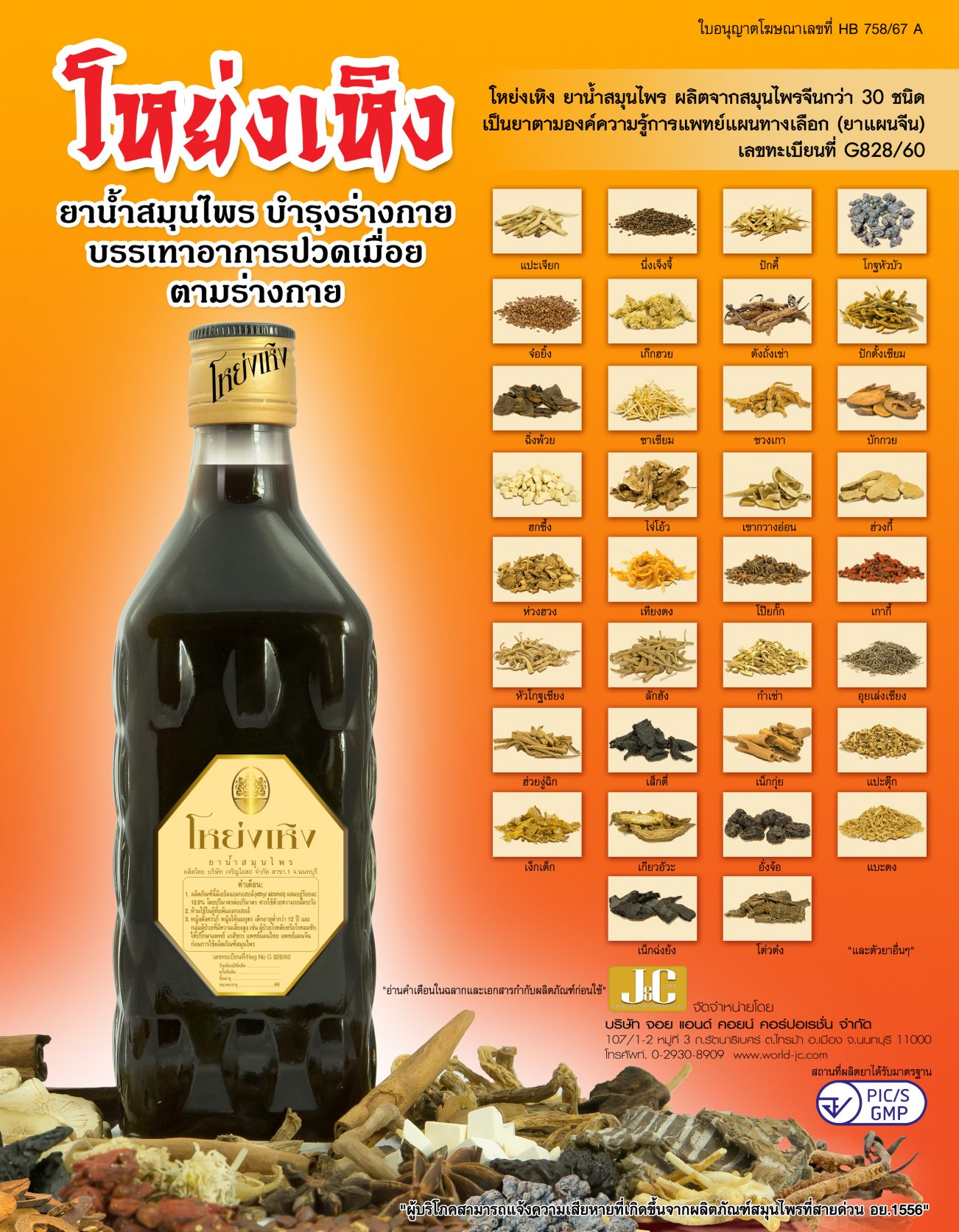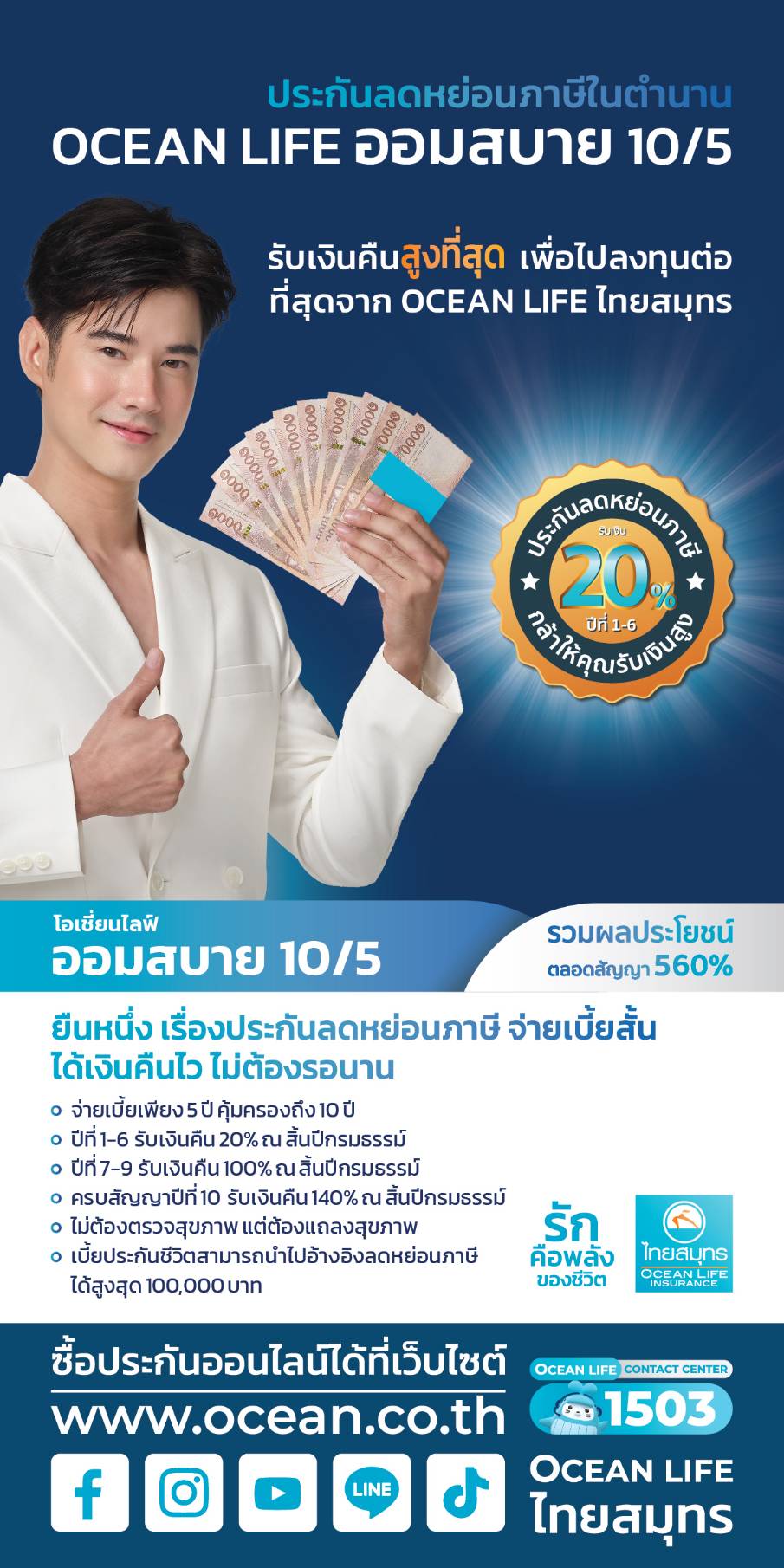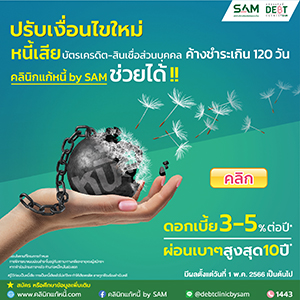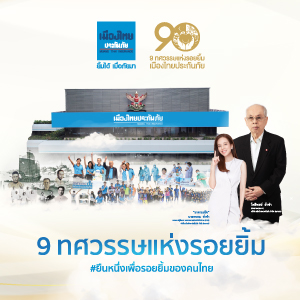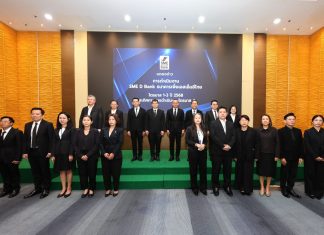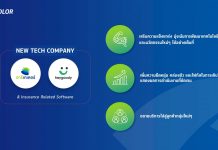เคทีซีเปิดเวทีเสวนา “เคทีซีปลุกกระแสท่องเที่ยวยั่งยืนจากไทยสู่เวทีโลก” อุตสาหกรรมการบินและผู้ประกอบการโรงแรม พร้อมปรับตัวรับเทรนด์การท่องเที่ยวยั่งยืน แนะภาครัฐหามาตรการจูงใจสายการบิน เปลี่ยนใช้เชื้อเพลิงอากาศยานชีวภาพเพื่อบรรลุเป้าหมาย Net Zero ขณะที่หน่วยงานท้องถิ่นเดินหน้าสร้างการท่องเที่ยวยั่งยืนครอบคลุมเศรษฐกิจ สังคม และสิ่งแวดล้อม พร้อมชูโมเดลการท่องเที่ยวประเทศสวิตเซอร์แลนด์ตัวอย่างการใช้ทรัพยากรอย่างรู้คุณค่า ด้านเคทีซีร่วมกับพันธมิตรจัดกิจกรรมพิเศษพร้อมสนับสนุนการท่องเที่ยวอย่างยั่งยืนตลอดทั้งปี

นายยงยุทธ ลุจินตานนท์ ผู้จัดการภูมิภาคประจำประเทศไทย ลาว กัมพูชา และ เมียนมาร์ สมาคมขนส่งทางอากาศระหว่างประเทศ (lATA: International Air Transportation Association) กล่าวในเวทีเสวนา “เคทีซีปลุกกระแสท่องเที่ยวยั่งยืนจากไทยสู่เวทีโลก” ว่า IATA ทำงานร่วมกับสายการบินทุกสายในการพัฒนาธุรกิจการบินให้เกิดความยั่งยืนเพื่อให้บรรลุเป้าหมายการลดการปล่อยก๊าซเรือนกระจกสุทธิให้เป็นศูนย์ (Net Zero) ทั่วโลกภายในปี 2593 โดยเป้าหมาย Net Zero ดังกล่าวจำเป็นอย่างยิ่งสำหรับการควบคุมอุณหภูมิโลกไม่ให้สูงขึ้นเกิน 1.5 องศาเซลเซียส โดยปัจจุบันอุตสาหกรรมการบินได้เห็นความสำคัญของเชื้อเพลิงอากาศยานชีวภาพแบบยั่งยืน (Sustainable Aviation Fuel) หรือ SAF แต่การเปลี่ยนมาใช้ SAF สายการบินจะมีค่าใช้จ่ายเพิ่มขึ้น 2 – 5 เท่า ดังนั้นหากรัฐบาลสามารถรับรองเครื่องบินและเครื่องยนต์ใหม่เพื่อให้สามารถใช้ SAF ได้ 100% และพิจารณาการใช้สิทธิพิเศษจูงใจในการสนับสนุนการใช้ SAF ในอุตสาหกรรมการบินได้ อาจส่งผลให้ทุกสายการบินเปลี่ยนมาใช้ SAF ได้สะดวกและรวดเร็วมากขึ้นโดยไม่กระทบต่อต้นทุนมากนัก
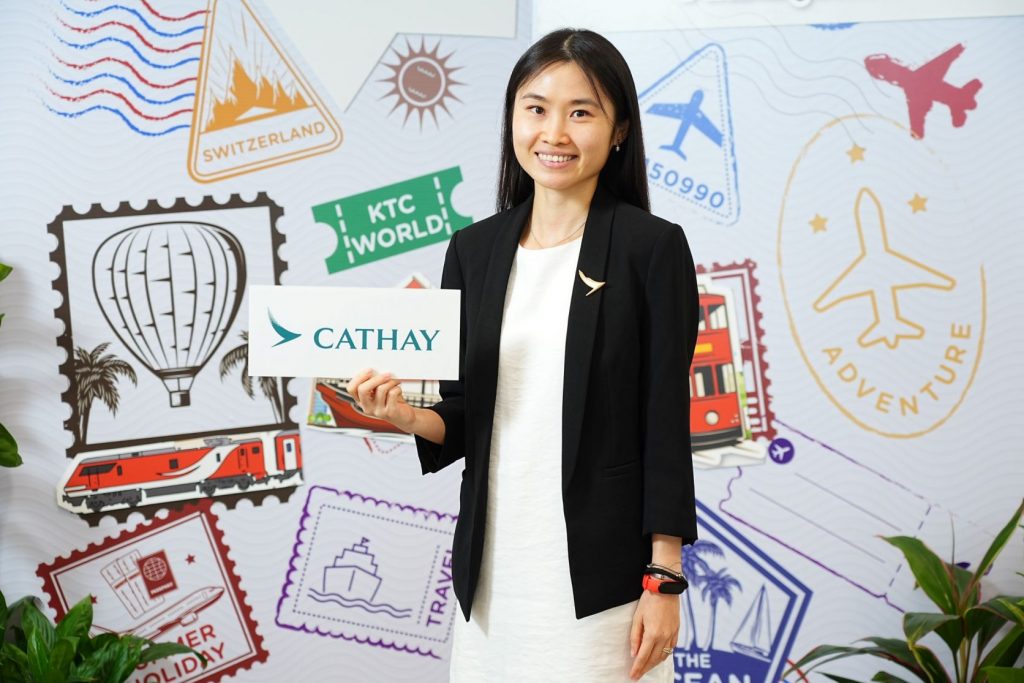
นางสาวเคอรี่ ลุย ผู้จัดการประจำประเทศไทยและเมียนมาร์ สายการบินคาเธ่ย์ แปซิฟิค เปิดเผยว่า การเป็นผู้นำด้านความยั่งยืนเป็นหัวใจสำคัญของคาเธ่ย์เสมอมาเนื่องจากเป้าหมายของแบรนด์คือการขับเคลื่อนผู้คนไปข้างหน้าในชีวิต เรามุ่งมั่นที่จะลดผลกระทบต่อสิ่งแวดล้อมให้น้อยลง และบุกเบิกเพื่อสร้างความเปลี่ยนแปลงที่ยั่งยืนในอุตสาหกรรมการบินให้มากขึ้น เราดำเนินหลากหลายวิธีการเพื่อที่จะลดการปล่อยก๊าซเรือนกระจกให้บรรลุเป้าหมายในการปล่อยก๊าซคาร์บอนสุทธิเป็นศูนย์ภายในปี 2593 และนำไปสู่การเดินทางที่มีการปล่อยก๊าซคาร์บอนต่ำ โดยมีโครงการที่สำคัญ เช่น โครงการชดเชยคาร์บอนที่ดำเนินการโดยการคำนวณการปล่อยคาร์บอน (Fly Greener) / โครงการเพิ่มประสิทธิภาพของอากาศยานและการทำงานเพื่อลดการปล่อยก๊าซคาร์บอน (Corporate Sustainable Aviation Fuel) / การใช้ปลอกหมอนและผ้านวมทำจากผ้าฝ้ายที่ยั่งยืน 100% ในชั้นธุรกิจ การใช้ผ้าห่มที่ทำจากขวดพลาสติกรีไซเคิลและพรมจากวัสดุเหลือใช้ไนลอนที่นำกลับมาใช้ใหม่ การลดการใช้พลาสติกแบบใช้ครั้งเดียวบนห้องโดยสารบนเครื่องบินชั้นประหยัด โดยในปี 2565 สายการบิน ฯ สามารถลดการใช้พลาสติกแบบใช้ครั้งเดียวได้ถึง 56% ต่อผู้โดยสาร 1 คน และจะยังคงลงมือทำเพื่อให้บรรลุเป้าหมายด้านความยั่งยืนต่อไปในปี 2567
สายการบินคาเธ่ย์ แปซิฟิค ได้ดำเนินการสนับสนุนชุมชนท้องถิ่นฟื้นฟูถิ่นที่อยู่ตามธรรมชาติ ตลอดจนรับมือกันแก้ปัญหาการเปลี่ยนแปลงสภาพภูมิอากาศ โดยสายการบินฯ ได้ปลูกต้นไม้ที่ป่าชายเลนในภูมิภาคเอเชียตะวันออกเฉียงใต้มาตั้งแต่ปี 2564 เป็นจำนวนกว่า 21,000 ต้น และในปี 2567 นี้ สายการบินคาเธ่ย์ แปซิฟิค ในประเทศไทยก็จะร่วมมือกับเคทีซีในการปลูกต้นไม้ที่ป่าชายเลนในจังหวัดสมุทรปราการจำนวน 4,000 ต้น

ดร.วาสนา พงศาปาน ผู้อำนวยการสำนักสื่อสารองค์กร องค์การบริหารการพัฒนาพื้นที่พิเศษเพื่อการท่องเที่ยวอย่างยั่งยืน (องค์การมหาชน) กล่าวว่า อพท. ดำเนินงานตามนโยบายรัฐบาลที่จะพัฒนาการท่องเที่ยวเพื่อเพิ่มรายได้และกระจายรายได้ไปสู่ชุมชนท้องถิ่น โดยทำหน้าที่กำหนดนโยบายและแผนยุทธศาสตร์การพัฒนาพื้นที่พิเศษฯ โดยบูรณาการและร่วมมือกับทุกภาคส่วนเพื่อพัฒนาแหล่งท่องเที่ยวให้เกิดความยั่งยืน มีความสมดุลใน 3 มิติ ทั้ง“เศรษฐกิจ สังคม และสิ่งแวดล้อม” ภายใต้กระบวนการมีส่วนร่วม Co-creation & Co-own ขณะนี้มี 9 พื้นที่พิเศษฯ ที่ได้รับการประกาศแล้ว ซึ่ง อพท. ได้นำหลักเกณฑ์ตามมาตรฐานสากลมาเป็นเครื่องมือในการพัฒนาการท่องเที่ยวอย่างยั่งยืนและเกิดผลเป็นรูปธรรมแล้ว ได้แก่
1) เกณฑ์การท่องเที่ยวอย่างยั่งยืนโลก (GSTC) ใช้พัฒนาและยกระดับแหล่งท่องเที่ยวในพื้นที่พิเศษฯ จนได้รับรางวัล Green Destinations Top 100 Stories แล้ว 5 แห่ง
2) ร่วมขับเคลื่อนเมืองสู่การเป็นเครือข่ายเมืองสร้างสรรค์ของยูเนสโก (UCCN) เพื่อเป้าหมายการพัฒนาอย่างยั่งยืน (SDGs) แล้ว 4 เมือง
3) ส่งเสริมมาตรฐานการจัดการการท่องเที่ยวอย่างยั่งยืน (STMS) ให้แก่องค์กรปกครองส่วนท้องถิ่นแล้ว 86 องค์กร
4) เกณฑ์การพัฒนาการท่องเที่ยวโดยชุมชน (Community-Based Tourism หรือ CBT Thailand) ได้พัฒนาและเพิ่มศักยภาพให้แก่ชุมชน CBT เข้าสู่กระบวนการพัฒนาและด้านการตลาด รวมถึงเครื่องมือการท่องเที่ยวเชิงสร้างสรรค์ (Creative Tourism) มาอย่างต่อเนื่องและในปี 2567 ตั้งเป้าหมายสร้างรายได้ให้แก่ชุมชนในพื้นที่พิเศษไม่น้อยกว่า 60 ล้านบาท
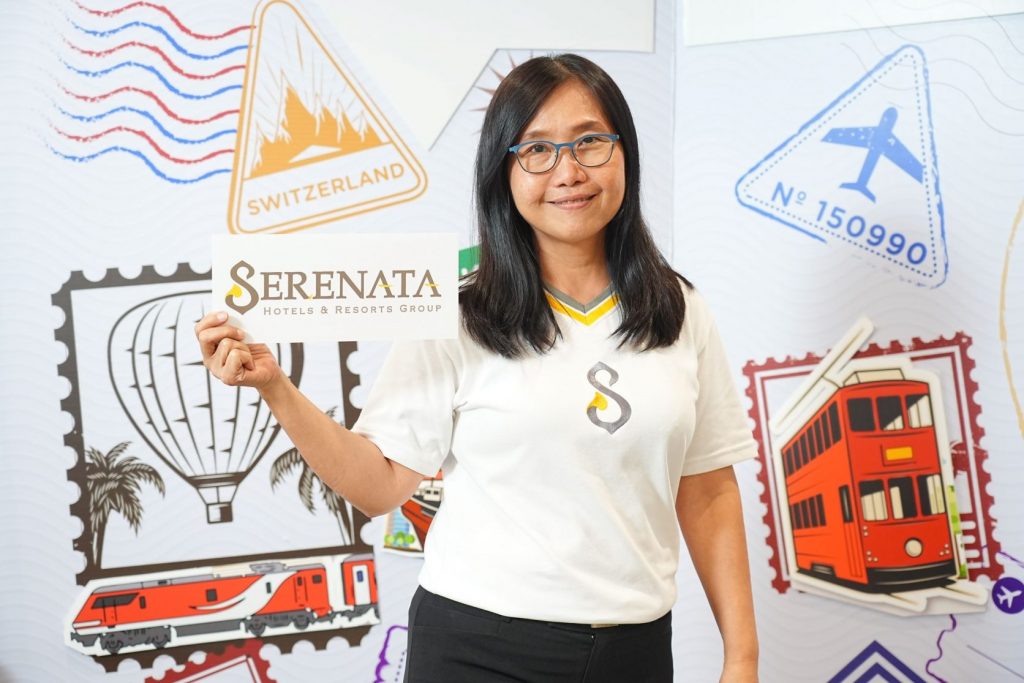
นางสาวสุวิมล งามศรีวิโรจน์ ผู้อำนวยการฝ่ายขาย เซเรนาต้า โฮเทล แอนด์ รีสอร์ท กรุ๊ปและตัวแทนสมาคม TEATA สมาคมไทยท่องเที่ยวเชิงอนุรักษ์และผจญภัย (สทอ.) กล่าวว่า ปัจจุบันเทรนด์การท่องเที่ยวของนักท่องเที่ยวทั่วโลกเริ่มมองหาการท่องเที่ยวเชิงสิ่งแวดล้อมและยั่งยืนมากขึ้น โดยผู้ประกอบการและบริษัทนำเที่ยวที่ให้บริการนักท่องเที่ยวต่างชาติ (Inbound Tour) กว่า 50% ของตลาดนักท่องเที่ยวชาวตะวันตกจะมีการตรวจประเมินสถานที่พักด้านคุณธรรม / สังคมชุมชน / ความปลอดภัย และความเป็นมิตรต่อสิ่งแวดล้อมก่อนเซ็นสัญญานำนักท่องเที่ยวเข้าพักสะท้อนให้เห็นว่านักท่องเที่ยวต้องการสร้างประสบการณ์ที่ดีในการท่องเที่ยวโดยเน้นกิจกรรมท่องเที่ยวคาร์บอนต่ำ (Low Carbon) และคาร์บอนสุทธิเป็นศูนย์ (Carbon Neutrality)
สำหรับโรงแรมในเครือเซเรนาต้า โฮเทล แอนด์ รีสอร์ท กรุ๊ปถือเป็นต้นแบบการท่องเที่ยวยั่งยืน (Sustainable Tourism) ตั้งแต่ปี 2519 โดยให้ความร่วมมือกับหน่วยงานภาครัฐและเอกชนเพื่อสนับสนุนส่งเสริมด้านการท่องเที่ยวอย่างยั่งยืน เช่น ร่วมจัดตั้งสมาคมไทยท่องเที่ยวเชิงอนุรักษ์และผจญภัย (สทอ.) / ร่วมดำเนินโครงการ TEATA “เที่ยวไทยไร้คาร์บอน 50 เส้นทาง” (Eco Friendly – Low Carbon) / ร่วมโครงการ Stay Green Stay with SERENATA มอบส่วนลดสำหรับสมาชิกที่ชื่นชอบการท่องเที่ยวสีเขียว (Green Tourism) ร่วมกับ KTC World Travel Service
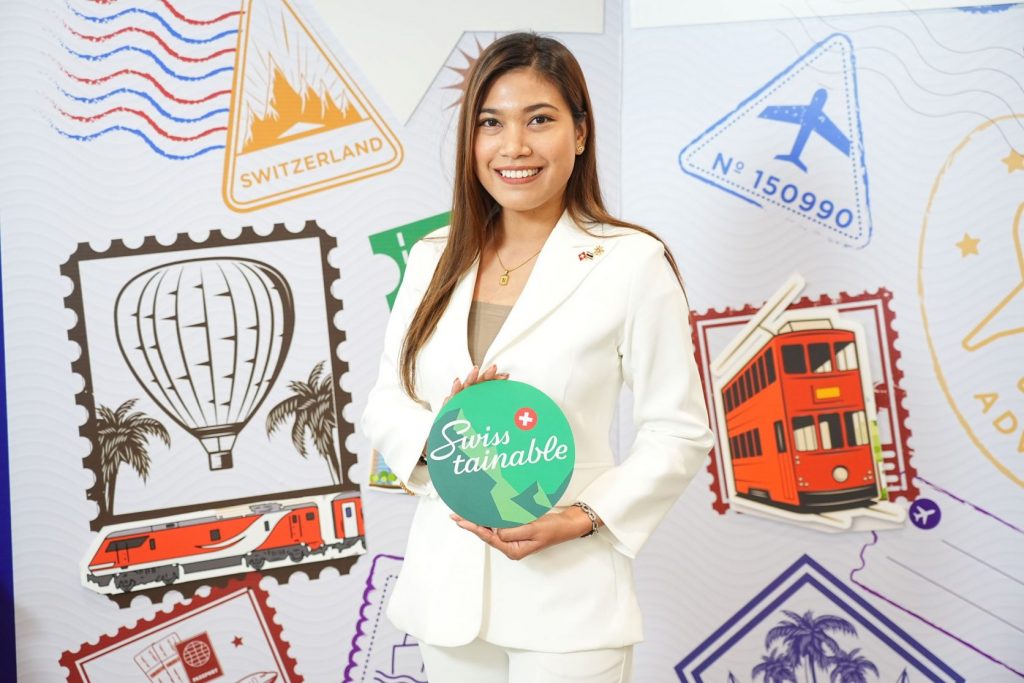
นางสาวธันย์ชนก น่วมมะโน ผู้แทนประจำประเทศไทย การท่องเที่ยวสวิตเซอร์แลนด์ สถานทูตสวิตเซอร์แลนด์ กล่าวว่า การท่องเที่ยวสวิตเซอร์แลนด์ได้มีการพัฒนากลยุทธ์และปลูกฝังแนวคิดสวิสเทเนเบิล (Swisstainable) ตั้งแต่ปี 2562 เพื่อสร้างประสบการณ์การท่องเที่ยวที่ยั่งยืนต่อสังคมและสิ่งแวดล้อมโดยมีเป้าหมายให้สวิตเซอร์แลนด์เป็นแหล่งท่องเที่ยวที่ยั่งยืนที่สุดในโลกและเป็นจุดมุ่งหมายของนักเดินทางซึ่งจะส่งผลบวกต่อเศรษฐกิจของสวิตเซอร์แลนด์และยังเป็นการพัฒนาเศรษฐกิจท้องถิ่นอีกด้วย สำหรับยุทธศาสตร์ความยั่งยืนของสวิตเซอร์แลนด์(Swisstainable Strategy) โดยการท่องเที่ยวสวิตเซอร์แลนด์ได้เชิญกลุ่มผู้ประกอบการท่องเที่ยวในประเทศสวิตเซอร์แลนด์ ทั้งภาคขนส่ง / ภาคอุตสาหกรรม / โรงแรมที่พัก / ร้านอาหาร และสถานที่ท่องเที่ยวต่างๆ เข้าร่วมแคมเปญ ซึ่งทุกองค์กรจะได้รับการอนุมัติให้ใช้สัญลักษณ์สวิสเทเนเบิล (Swisstainable) ตามระดับความมุ่งมั่นของแต่ละองค์กร โดยปี 2566 ที่ผ่านมามีองค์กรในอุตสาหกรรมการท่องเที่ยวสวิตเซอร์แลนด์เข้าร่วมทั้งหมด 2,500 องค์กรและตั้งเป้าหมายภายในสิ้นปี 2567 จะมีองค์กรเข้าร่วมมากถึง 4,000 องค์กร
ขณะที่นักท่องเที่ยวที่เดินทางมาสวิตเซอร์แลนด์สามารถร่วมส่งเสริมการท่องเที่ยวแบบยั่งยืนได้ เช่น การบริโภคผลิตภัณฑ์ ผลผลิตจากท้องถิ่นที่ผลิตในสวิตเซอร์แลนด์ / สัมผัสบรรยากาศธรรมชาติของสวิตเซอร์แลนด์อย่างแท้จริงทั้งภูเขา ทะเลสาบ / เลือกการเดินทางท่องเที่ยวด้วยรถยนต์ไฟฟ้า และอยู่ต่อรวมถึงเข้าพักนานขึ้น (Stay Longer) เพื่อซึมซับธรรมชาติและเพิ่มประสบการณ์ท้องถิ่นในสวิตเซอร์แลนด์ และประเทศจะคงความดั้งเดิมของการท่องเที่ยวเพื่อให้นักท่องเที่ยวเลือกสวิตเซอร์แลนด์เป็นจุดหมายปลายทางในอนาคตตามพันธกิจ “ธรรมชาติของเราเป็นแรงขับเคลื่อนให้คุณ” (Our Nature Energizes You.)
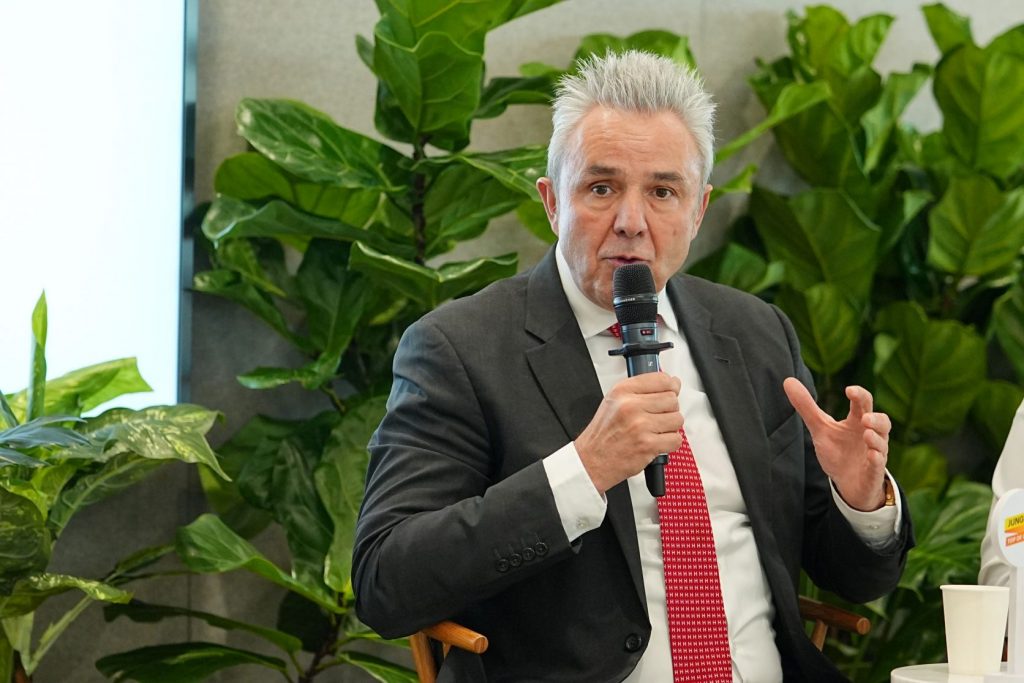
มิสเตอร์อัวร์ส เคสเลอร์ ประธานเจ้าหน้าที่บริหารการรถไฟยุงเฟรา ประเทศสวิตเซอร์แลนด์ กล่าวว่า ปัจจุบันพฤติกรรมของนักท่องเที่ยวทั่วโลกเริ่มมองหาการท่องเที่ยวแบบยั่งยืนมากขึ้น กลุ่มบริษัทรถไฟยุงเฟรา (Jungfrau Railway Group) จึงได้พัฒนารูปแบบการท่องเที่ยวที่ตอบโจทย์และแสดงให้เห็นว่าการเติบโตทางเศรษฐกิจผ่านการท่องเที่ยวและความยั่งยืนสามารถทำคู่ขนานไปด้วยกัน ทั้งนี้ได้กำหนดกลยุทธ์การใช้ทรัพยากรนิเวศอย่างยั่งยืนเช่น การใช้รถไฟและกระเช้าลอยฟ้า (Cable Car) ที่ใช้พลังงานหมุนเวียนทั้งหมด 100% นอกจากนี้ได้เตรียมจัดตั้งกองทุนความยั่งยืนระยะเวลา 10 ปี สำหรับการดูแลหมู่บ้านกรินเดิลวาลด์ (Grindelwald) และหมู่บ้านเลาเทอร์บรุนเนน (Lauterbrunnen) กรุงเบิร์น ประเทศสวิตเซอร์แลนด์ และมีแผนที่จะสร้างระบบโซลาร์ขนาด 12 เฮกตาร์บนเทือกเขาแอลป์ โดยมีเป้าหมายเพื่อผลิตพลังงานให้ได้ 12 กิโลวัตต์ – ชั่วโมงต่อปี เพื่อจัดหาพลังงานให้กับ 3,000 ครัวเรือนในช่วงฤดูหนาวซึ่งเป็นช่วงที่ราคาไฟฟ้าแพงที่สุดเพราะมีความต้องการใช้มากที่สุด
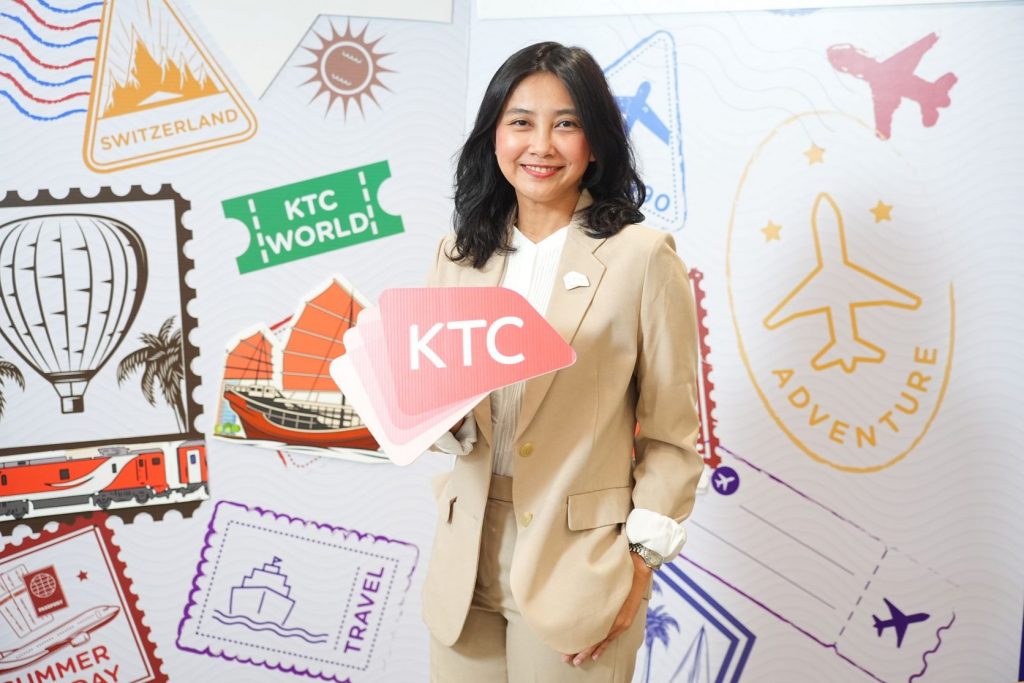
นางสาวพัทธ์ธีรา อนันต์โชติพัชร ผู้บริหาร KTC World Travel Service และการตลาดหมวดสายการบิน “เคทีซี” หรือ บริษัท บัตรกรุงไทย จำกัด (มหาชน) เปิดเผยว่า KTC World Travel Service หน่วยงานที่ดูแลและให้บริการด้านการท่องเที่ยวให้กับสมาชิกบัตรเครดิตเคทีซี ได้วางกลยุทธ์เพื่อกระตุ้นและส่งเสริมการท่องเที่ยวอย่างรับผิดชอบต่อเศรษฐกิจ สังคม และสิ่งแวดล้อมอย่างยั่งยืน ดังนี้
- การสร้างความตระหนักรู้ให้กับนักท่องเที่ยวกับประสบการณ์ท่องเที่ยวเชิงวัฒนธรรม ท้องถิ่น ธรรมชาติและชุมชน ผ่านช่องทางประชาสัมพันธ์ต่างๆ ของเคทีซี เพื่อแนะนำสถานที่ท่องเที่ยวชุมชน ร้านค้า ร้านอาหารท้องถิ่น ร้านขายของฝาก ที่พักชุมชน ให้กับสมาชิกได้เข้าถึงข้อมูลแหล่งท่องเที่ยวได้สะดวกมากขึ้น
- การจัดทำโครงการนำร่อง “ท่องเที่ยวอย่างยั่งยืนกับ KTC WORLD” ร่วมกับพันธมิตรท่องเที่ยวกว่า 10 รายทั้งในประเทศและต่างประเทศ คัดเลือกผลิตภัณฑ์กรีนโปรดักส์ด้านการทางท่องเที่ยวที่สะท้อนถึงการลดการปล่อยคาร์บอน หรือการเดินทางท่องเที่ยวแบบสาธารณะและชุมชนมากขึ้น อาทิ บัตรรถไฟ บัตรรถราง รถเช่าไฟฟ้า (EV) และแพคเกจท่องเที่ยวชุมชน โดยทุกยอดการใช้จ่ายผ่านบัตรเครดิตเคทีซีกับกลุ่มผลิตภัณฑ์กรีนโปรดักส์ตั้งแต่ 10,000 บาทขึ้นไป สมาชิกจะได้รับคะแนนพิเศษ KTC FOREVER 1,000 คะแนน โดยจะเริ่มตั้งแต่วันที่ 1 มีนาคม 2567 ถึงวันที่ 31 ธันวาคม 2567
- การมีส่วนร่วมกับพันธมิตรสร้างประโยชน์และคืนผลประโยชน์สู่ทรัพยากรการท่องเที่ยวและสิ่งแวดล้อม อาทิ การร่วมต่อยอดกับสายการบินคาเธ่ย์ แปซิฟิค ภายใต้โครงการ “บิน1 เที่ยว ปลูก 1 ต้น” (1 Ticket 1 Tree) ในการพัฒนาความยั่งยืนผ่านการปลูกต้นโกงกางในพื้นที่ป่าชายเลน เมื่อจองตั๋วกับสายการบินคาเธ่ย์ แปซิฟิค ทุกๆ 1 ใบ ผ่าน KTC World Travel Service เคทีซีจะช่วยสบทบร่วมปลูกต้นไม้เพิ่ม 1 ต้นตลอดปี 2567
อย่างไรก็ตาม เคทีซีมองว่าหากทุกหน่วยงานร่วมมือกันอย่างจริงจัง จะทำให้ผู้ประกอบการท่องเที่ยวรายใหม่ๆ พร้อมที่จะนำเสนอผลิตภัณฑ์ท่องเที่ยวที่เน้นความยั่งยืนได้หลากหลายและตอบสนองความต้องการของนักท่องเที่ยวได้มากขึ้น ส่งผลดีต่อเศรษฐกิจภาพรวมนั่นคือการกระจายรายได้อย่างทั่วถึงและไปสู่ชุมชนอันเป็นรากฐานของความยั่งยืนทางเศรษฐกิจให้แข็งแรงได้ระยะยาว
KTC Elevates Thai Sustainable Tourism onto the Global Stage by
Convening Ways to Craft Sustainable Tourism Across Every Dimension
KTC hosted the “Responsible Roam Forum: Charting the Future of Tourism”. The airline industry and hotel operators stand poised to embrace the sustainable tourism trend, urging the government to provide incentives for airlines to transition to bio-jet fuel in pursuit of Net Zero goals. Simultaneously, local authorities are actively advancing efforts to foster sustainable tourism that encompasses economic, social, and environmental dimensions, drawing inspiration from the Swiss tourism model as an example of smart resource utilization. KTC collaborates with partners to organize special activities and support sustainable tourism initiatives throughout the year.
Mr. Yongyut Lujintanon, Area Manager, Thailand, Laos, Cambodia and Myanmar, The International Air Transport Association (IATA) stated at the “Responsible Roam Forum: Charting the Future of Tourism” that IATA collaborates with all airlines to foster a sustainable aviation industry, aiming to achieve the global goal of net zero greenhouse gas emissions by 2050. The urgency of achieving net zero is emphasized by the crucial necessity to prevent a global temperature rise exceeding 1.5 degrees Celsius. Currently, the aviation sector recognizes the significance of Sustainable Aviation Fuel (SAF). Nevertheless, transitioning to SAF incurs additional expenses for airlines, with costs increasing by 2 to 5 times. To expedite the adoption of SAF, it would be beneficial if the government could certify new aircraft and engines as 100% SAF capable. Additionally, providing special incentives to support the use of SAF in the aviation sector could facilitate a smoother and faster transition for all airlines, minimizing the impact on costs.
Ms. Keri Lui, Country Manager Thailand and Myanmar, Cathay Pacific Airways, stated that leading in sustainability has consistently been the core of Cathay’s values, driven by its brand purpose to move people forward in life and minimizing its environmental footprint and pioneering initiatives to create lasting, sustainable changes within the aviation industry. Various strategies are being employed to decrease greenhouse gas emissions, with the ultimate aim of achieving net-zero carbon emissions by 2050 and actively contributing to low carbon mobility. Key projects include: the “Fly Greener” initiative, which calculates and offsets carbon emissions / Corporate Sustainable Aviation Fuel project, which enhances aircraft efficiency and minimizing carbon emissions, use of pillowcases and duvet covers made from 100% sustainable cotton in business class, and blankets crafted from recycled plastic bottles and carpets made from recycled nylon waste along with reducing the use of single-use plastics in economy class. The airline has achieved a 56% reduction in single-use plastic per passenger by 2022, and will continue to take action to achieve sustainability goals in 2024.
Additionally, Cathay Pacific Airlines has initiated the “1 Ticket 1 Tree” project, to support local communities, restore natural habitats, and address climate change challenges. The airline has successfully planted over 21,000 trees in mangrove forests across Southeast Asia since 2021. In 2024, Cathay Pacific in Thailand will partner with KTC to further enhance sustainability through a project to plant 4,000 mangrove trees in Samut Prakan.
Dr. Wassana Pongsapan, Director of Designated Areas for Sustainable Tourism Administration (Public Organization) stated that DASTA operates in alignment with government policies to develop tourism to boost income and distribute financial benefits to local communities. This is achieved through the establishment of policies and strategic plans for the development of designated special areas. DASTA is tasked with formulating policies and strategic plans for developing special areas. The approach involves integrating and collaborating with all sectors to ensure the sustainable development of tourist attractions. The emphasis is on achieving a balance across 3 dimensions: “Economy, Society, and Environment” which is accomplished through the Co-creation & Co-own participatory process. Currently, there are 9 announced special areas for which DASTA has established criteria based on international standards, serving as a tool for sustainable tourism development and creating tangible outcomes:
- Using the Global Sustainable Tourism Criteria (GSTC) to elevate tourist attractions in special areas, resulting in 5 that have secured a position among the Green Destinations Top 100 Stories
- Steered 4 cities towards the UNESCO Creative City (UCCN) status, aligned with the Sustainable Development Goals (SDGs)
- Advocating for sustainable tourism management standards tailored for over 86 local administrative organizations
- Consistently using the Community-Based Tourism Development Criteria (CBT Thailand) as a framework to foster the growth and potential of tourism communities, including implementing tools specifically designed for the development of Creative Tourism. In 2024, DASTA’s goal is to generate income for communities in special areas amounting to no less than 60 million baht.
Ms. Suwimol Ngamsriwiroj, Director of Sales and Marketing, Serenata Hotels & Resorts Group and representative of the Thai Ecotourism and Adventure Tourism Association (TEATA), highlights the current global travel trend where tourists are increasingly seeking environmental and sustainable tourism experiences. Specifically, for operators and tour companies catering to foreign tourists (Inbound Tour), especially in the Western tourist market, over 50% of accommodations are now evaluated for moral / social and community / safety and environmental considerations before entering into contracts. This indicates a growing preference among tourists for positive travel experiences by prioritizing tourism activities that are low-carbon and carbon neutrality.
Hotels within the Serenata Hotels & Resorts Group have been recognized as a model for sustainable tourism since 1976. They actively collaborate with government and private agencies to champion and promote sustainable tourism initiatives. This includes co-founding the Thai Ecotourism and Adventure Tourism Association (TCO) / actively participating in the TEATA “Travel in Thailand with 50 carbon-free routes” (Eco Friendly – Low Carbon) project / and participating in the Stay Green Stay with SERENATA project, which provides discounts for members supporting green tourism in collaboration with KTC World Travel Service.
Ms. Thanchanok Nuammano, Market Representative in Thailand, Switzerland Tourism, Embassy of Switzerland has shared that Switzerland Tourism has been actively pursuing sustainable tourism strategies and cultivating ideas under the Swisstainable initiative since 2019 to create socially and environmentally sustainable travel experiences, with the ambitious goal of positioning Switzerland as the most sustainable tourist destination globally. This approach aims to contribute positively to the Swiss economy and foster the development of local economies. Under the Swisstainable Strategy, Switzerland Tourism has taken the initiative to extend invitations to Swiss tourism stakeholders, including transport operators / industrial sectors / hotels and accommodations / restaurants and various tourist attractions. Organizations that engage in this campaign will be granted approval to display the Swisstainable symbol, reflecting their commitment level, on an annual basis. In 2023, over 2,500 organizations within the Swiss tourism industry participated in this initiative and there are plans to expand to 4,000 organizations join by the end of 2024.
Meanwhile, tourists traveling to Switzerland are encouraged to actively engage in promoting sustainable tourism practices. This includes consuming products made in Switzerland, experiencing authentic natural beauty of the country, characterized by its majestic mountains and pristine lakes, choosing electric vehicles for sightseeing, and staying longer to immerse themselves in nature and enhance their local experience in Switzerland. Switzerland aims to preserve its tourism traditions for tourists to continue to choose the country as a future destination as encapsulated in the phrase, “Our Nature Energizes You.”
Mr. Urs Kessler, Chief Executive Officer, Jungfrau Railway Switzerland, stated that today, more and more tourists are looking for eco-friendly and sustainable travel choices around the world. The Jungfrau Railway Group has responded by developing a tourism model that aligns with these evolving preferences, demonstrating that economic growth in tourism and sustainability can coexist. To achieve this, strategies have been implemented to sustainably utilize ecological resources, such as utilizing trains and cable cars powered by 100% renewable energy. Furthermore, the group is actively preparing a 10-year sustainability fund aimed at supporting the well-being of the villages of Grindelwald and Lauterbrunnen in Bern, Switzerland. Plans are also in place for the construction of a 12-hectare solar system in the Alps to generate 12 kilowatt-hours of energy annually, providing power to 3,000 households during winter, when electricity prices peak due to heightened demand.
Ms. Pattheera Anandchotiphatchara, Head of KTC World Travel Service and Airline Travel Marketing, “KTC” or Krungthai Card Public Company Limited, revealed that KTC World Travel Service, an agency dedicated to catering to and offering travel services for KTC credit cardmembers, has implemented various strategies to encourage and promote tourism in a responsible, economically, socially, and environmentally sustainable manner, as outlined below:



